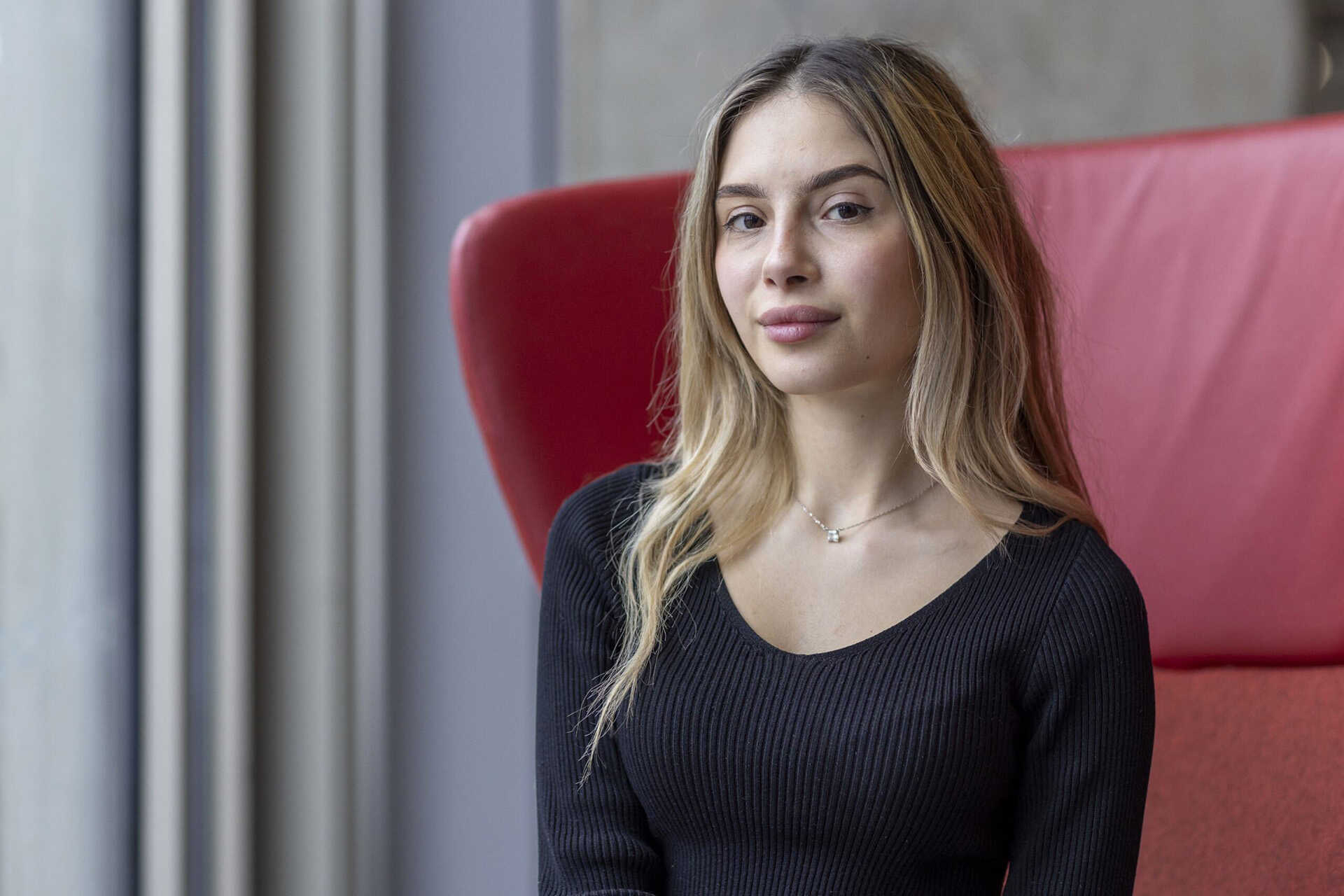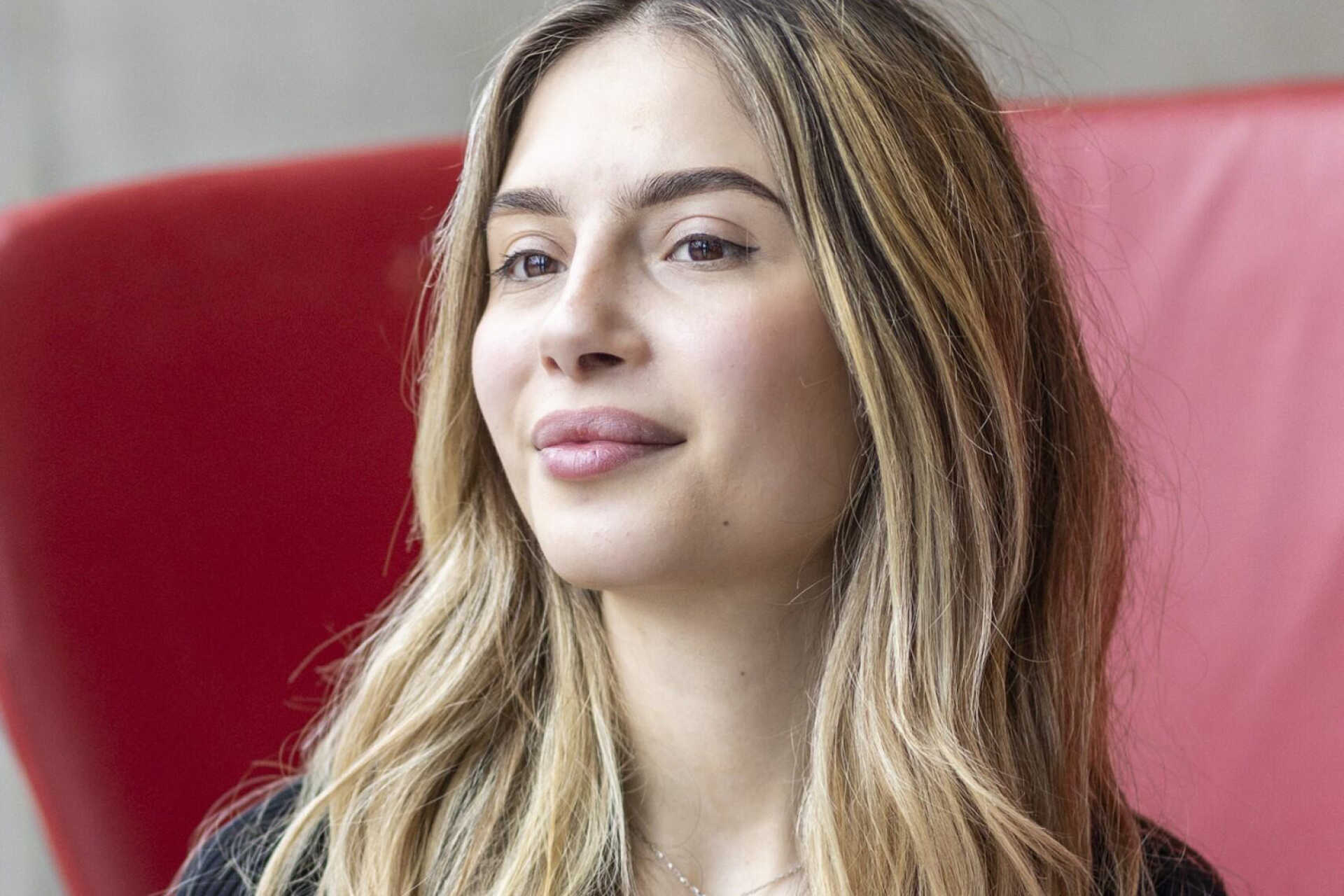“When I applied to uni, I didn’t plan to do a placement but in my second year I decided that a placement would give me a chance to see what it’s like to work as a biomedical scientist. I also thought it’d be a cool experience. Our department sends out emails that list placement opportunities, so I applied and was successful.
My placement, which was
paid, was in Brighton at the Royal Sussex County Hospital NHS Trust. I moved to
Brighton for the year and shared a flat with two other girls who ended up becoming really good friends.
I worked in a lab in the pathology department. We took samples including skin biopsies, tissue samples, pieces of organs, processed them and put them on slides to be examined for types of cancer and other diseases.
It was really interesting, working with other biomedical scientists and being part of a wider team that included consultants and nurses. I discovered how much work goes into analysing a sample and arriving at a diagnosis, it’s really not that simple! It was a very rewarding experience, I not only learnt a lot, I also felt I was helping others – patients and my team mates.”






